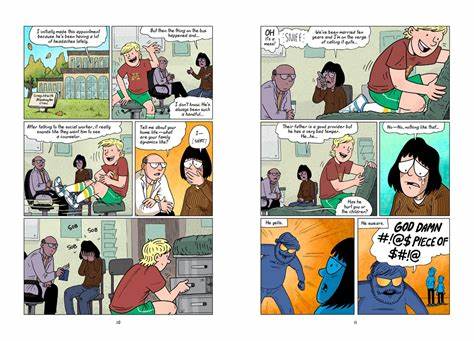REVIEW 4: “Autopsy” by Two Rivers Reading Series speaker Donte Collins
April 2, 2019
This week The Campus Eye is featuring student reviews of poet Donte Collins’ “Autopsy.” Collins will be speaking on the Coon Rapids campus April 3 with the Two River Readings Series. Collins will talk at 12-12:50 p.m. and 2-2:50 p.m. in the Legacy Room.
Written after the death of their mother, Donte Collins’ “Autopsy” is walk through the process of loss. “Autopsy” focuses on the journey through grieving to acceptance to healing. The collection is a vivid walk through what it is like to grieve those who have passed.
Collins was named the winner of the 2016 Most Promising Young Poet Award and is the recipient of the 2016 Mitchell Prize in Poetry. They were also named the inaugural Youth Poet Laureate of Saint Paul. They live in Saint Paul and studied at Augsburg College. Collins also performs as a spoken word artist and many of their poems can be equally enjoyed on the page as well as being spoken.
The structure of the book starts out on a high note in the poem “Death Ain’t Nothing but a Song.” It starts out with a celebration of life, which is a final stage of grief in the terms of acceptance. From there the poems are organized in a way that take us through the journey of grieving, the ups and downs, the anger, the hurt, the denial. While these poems pull the reader through the journey of grief, they also focus on the world around the speaker, other forms of grief, and reasons to grieve and call for change.
The celebration of life in “Death Ain’t Nothing but a Song.” describes the soul of their mother. Another place in which Collins focuses on soul rather than the body of their mother is in the poem “Definitions.” Here they focus on what the body holds inside. “I.e they would have found dandelion seeds had they done the autopsy: the would have found a field of burning lavender had they cut her open.”
Collins also explores “blackout” or “erasure” poetry in a few of his poems which he refers to as “Autopsies” where he has in all literal meaning of the word, performed an autopsy on a piece to make it into something new.
The book is not split up into any distinct parts but there are recurring images and words throughout the book that act as a way of breaking up the book. The images of an autopsy, the body, an orphan, and a mother are those that stick in the mind and set up an expectation for the themes of the poems.
While there might not be just one thing we relate with, Collins’ exploration of grief, loss, identity, adoption, and more will surely resonate with anyone who has been in pain. It shows that throughout everything, grief is chaotic, but it’s human.
Collins has created work that will stick with readers for a very long time.










